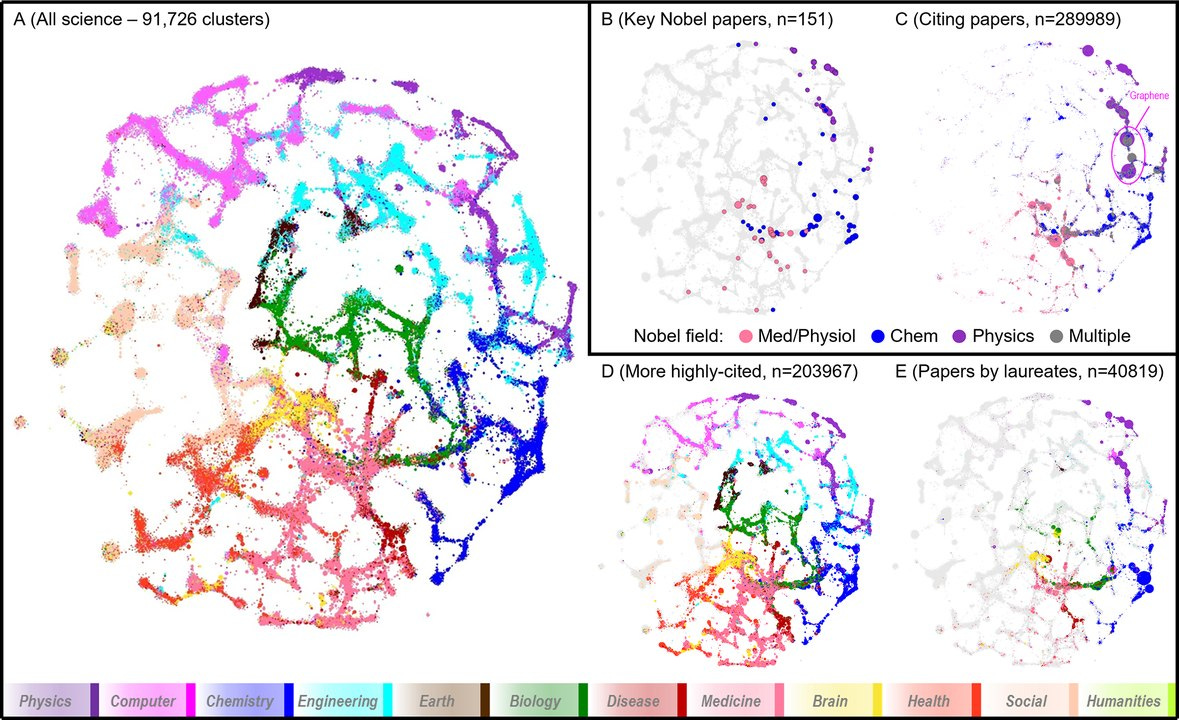Suppose it turns out that something called prime matter is energy. Prime matter is the formless proto-matter that awaits a form to turn it into matter. Matter requires form to exist.
We are just supposing, so don’t get stuck on the Aristotelian philosophy if you don’t like it, or don’t understand it.
Quite obviously, energy is of supreme importance in physics, and so is the nature of it and of matter. Nobody, right now anyway, really understands what energy is, or matter. So if we suppose somebody figured these out, it would be huge.
This isn’t purely fantasy. David Oderberg has a paper on the subject, and makes a great case that energy is prime matter. So, for at least today, we’ll suppose everything he surmises is true.
This discovery, were it confirmed and proved, would certainly be celebrated, for it would usher in a whole new—or, rather, old but abandoned—philosophy of being into science. Think about what it would do for quantum mechanics! Every science rests on both its philosophy of being, and of knowing. So if this basic philosophy changed, everything would change.
Oderberg’s paper, under our supposition, would receive a lot of citations, even if the formal proofs came finally in later papers not authored by him, because those later papers would rely on, and cite, Oderberg.
All the popular citations indexes, like the appallingly named impact factor (impact: a paper smacks you upside the head?), the h-index, and so on, would soar in favor of Oderberg and the journal that carried his and subsequent foundational papers.
As we expect, and as they should if these measures certify or suggest worthiness. So these indexes can work as they are advertised to work.
But—and do I hardly need tell us this?—in Oderberg’s suppositional case, we wouldn’t need these indexes! For crying out loud, the work would be so big that every physicist would know about it. The useless quantifications of these indexes would do nothing to add to anybody’s knowledge of the event.
And what is Newton’s h-index?
In this way, science indexes are like attempts at quantifying who was the best ever golfer. How do you compare Jack Nicklaus with Tiger Woods? You can always invent a scale, so many points for a win here, so many for number of shots under par there, and so on. That scale will, in the end, announce, “Science says Nicklaus is the best ever golfer”.
Naturally, a rival science group will have a different scale, and they will swear “Science confirms Woods best golfer ever.”
Both will be right, conditional on their models. Both models are also wrong, too, on the idea that we cannot quantify the unquantifiable. Which, of course, we cannot.
In the same sense of the unquantifiable, there is no way to quantify the contribution of an individual science paper to the whole of Science, nor of a journal that happens to carry it.
Because most of these indexes are based on citation count and—this is well known—the temptation, especially at the journal level, to write or accept papers that will garner large numbers of citations is going to be surrendered to.
As in going to be surrendered to.
We don’t need worthiness indexes for the best papers, nobody cares about them for the worst or neglected, and for the great middle they are mostly popularity contests, with very little over for worth. And for worth they aren’t really needed, because people know who is who.
These indexes guarantee Science is put to vote. (Remind you of morality put to vote in democracies?) Science put to pandering. (Again.) This enables fads to flourish; indeed, it almost requires it. (Do I need continue these parentheticals?)
It’s bad enough for papers, it’s sillier still for journals, because few take them any more. Not in toto. Individual papers from journals are read, yes. And surely some pick articles from the more “highly rated” journals to read, thus exacerbating the fads.
The journal indexes are aimed more at libraries, to ensure the publications, with their enormous fees, are subscribed to. Which is exactly what you’d expect any book, film, or journal to do: maximize its exposure.
Again, where there is real quality, or real power, which is even more important, the indexes are needed for journals. Where there is no quality, or only neglect, again they are needed. And there is no reason to have them for the great mass in the middle.
Naturally, they will be kept and used.
Buy my new book and learn to argue against the regime: Everything You Believe Is Wrong.





I wish I was smart enough to understand Oderberg.